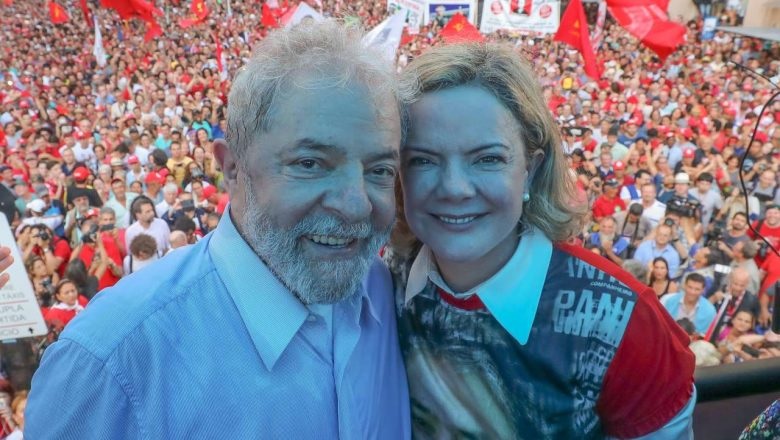Lula’s imprisonment does not imprison the candidacy

Former President Lula had his sentence confirmed by a court of appeals. Other appeals can still be heard by supreme courts STJ and STF. It cannot be said beforehand that these appeals will not be granted. There are many criminal lawyers (with no connection with the PT or Lula) who maintain the fragility of the decision.
It is worth saying in this regard that without a final ruling on these appeals Lula’s imprisonment does not imprison the candidacy. These are independent issues.
The law authorizes the PT to file Lula’s candidacy by mid-August this year. Today the former president is temporarily ineligible – a condition that may be revoked at any time, even after the election. No expert on the matter questions this conclusion.
The truth is that there is no legal space for preliminary rejection of Lula’s candidacy. There has never been such a rejection in the history of the elections. The discussion around the ineligibility can only take place in the environment where the registration is processed. And since the enactment of Law 13165/2015 (which can no longer be amended for the 2018 election – Article 16 of the Federal Constitution), the registration process only begins on the 15th of August of 2018. We insist: whatever happens, the electoral registration issue cannot be brought forward.
The PT may file Lula’s registration by the 15th of August 2018 (the campaign only lasts 45 days). Once his registration is filed, Lula is authorized to start his campaign. Free electoral television programs begin in late August. Should Lula’s registration process (or rejection thereof) move as fast as is possible (just meeting minimum deadlines), it won’t be over until the second half of September 2018. And it could still be appealed at the Supreme Court. This is so because, as long as registration remains under judicial consideration (sub judice), Lula (as any other candidate) “can conduct all acts relating to the electoral campaign, including using the free electoral television time and have one’s name maintained on the electronic voting machine” (Article 16-A of the Electoral Law). And, based on the previous cases, Lula’s registration will be sub judice till election day.
As expeditious as the supreme electoral court TSE may be, Lula may still run (and win) the election even if his registration is denied. The TSE itself informed that, in the last election alone, 145 mayors won their elections with a rejected registration. Lula’s example would be far from unprecedented.
There are several cases of mayors who were elected while in jail. What’s more, they were authorized to conduct campaign-related activities like recording for the free electoral television program.
Why, after all, does the Electoral Law allow someone to run with a rejected registration (and even in jail)? For a very simple reason: both the imprisonment and the ineligibility are merely temporary and can be reversed even after the election (provided this takes place before the electoral diploma acknowledging a candidate’s election is issued).
The possibility of reversing a candidate’s ineligibility is provided for in Article 26-C of the Clean Slate Law itself. Pursuant with this provision, Lula has until the issuance of the diploma acknowledging his election (after the election, therefore) to suspend the ineligibility. Jurisprudence today states that whenever there is plausibility in the appeal filed, ineligibility must be suspended. Recently Lula filed a petition with STJ and STF against the decision by the 4th Region Federal Court. As already mentioned, criminal law professors with no political connections whatsoever argue that appeals convey legally plausible theses. And the mere plausibility of the appeals is all Lula needs to, at any time, suspend ineligibility. Plausibility suffices, jurisprudence states.
If the ineligibility status is not suspended by the election day, Lula shall be elected with a rejected registration (just like the 145 mayors who won in 2016). Any discussion would be postponed till after the election. In this case, with Lula as the President-elect, the Judiciary branch would have to decide after the election whether his registration (his actual election, therefore) is valid or not.
For all of that, it is a given that the Brazilian legislation assures Lula’s candidacy. Over the last decades, there have been many cases that were identical to Lula’s (running for an office yet temporarily ineligible). The Electoral Justice has always upheld candidacies while they were being reviewed, given the possibility ineligibility might later be reversed. The present system is not good, but arbitrary decisions are much worse.
